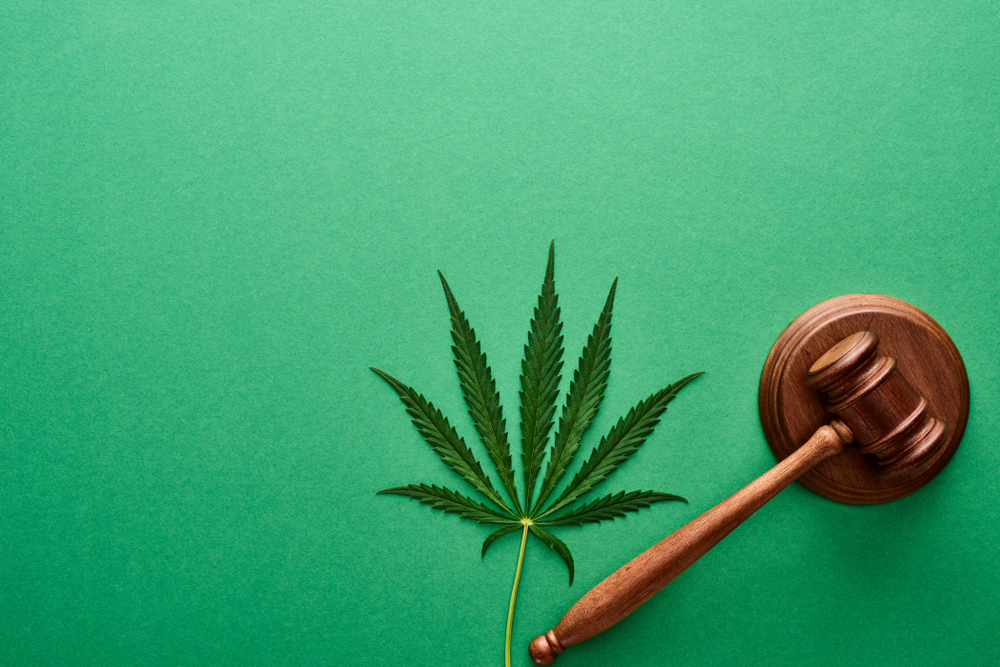
- Cannabis
-
by Chris Black
Cannabigerol (CBG) is one of the many cannabinoids found in the cannabis plant, and it has been gaining attention for its potential therapeutic benefits. In some regions, CBG is regulated similarly to other cannabinoids, while in other places it’s subject to a completely different set of rules and regulations. As interest continues to grow, it’s essential to understand the laws and regulations surrounding its use, production, and distribution, as they are continuously evolving.
What is CBG?
To get a better sense of CBG’s legality, it’s important to understand where it comes from and what it is. The CBG cannabinoid is derived from the cannabis plant and is the precursor to other major cannabinoids like THC and CBD. It is a non-psychoactive compound, so it doesn’t produce the “high” that THC does. Instead, it has gained attention for other potential properties and benefits. It’s important to note that while there is a significant amount of promising research, much of the current information is still in its early stages.
Is CBG Legal?
There is some gray area when it comes to the legality of cannabis products and derivatives depending on where you live and the compound in question. For many years, CBG was considered illegal according to federal law because it is a derivative of cannabis. That changed in 2018 when Congress passed the Farm Bill, which legalized the production, distribution, and consumption of hemp crops across the country. Cannabis plants are categorized as either hemp or marijuana-based depending on the THC content they contain, and because of irs trace amounts of THC, CBG is considered a hemp-derived product. As such, CBG is compliant with the Farm Bill, as long as its THC content remains below 0.3 percent.
The Farm Bill also paved the way for hemp to be removed from the DEA’s list of Schedule 1 substances. Once we reached this milestone, researchers eagerly began diving into the potential benefits of hemp-derived cannabinoids like CBG. Other plants that contain more than 0.3 percent THC are still treated by federal law as controlled substances.
Do I Need To Worry About Drug Test Results With CBG?
If you regularly consume hemp products like CBG, as opposed to marijuana products like THC, it’s more than likely that you’ll receive a negative drug test. Because CBG products contain less than 0.3% THC, there is very little concentration in your system. However, trace amounts of THC can build up with frequent use of hemp products. Additionally, false positives can be triggered by a variety of factors, even if the products you use are not marijuana-based.
Final Thoughts
People everywhere are beginning to learn more about CBG. As the landscape around cannabis continues to evolve, it’s important to stay informed and compliant with the regulations in your region. CBG holds immense promise as a non-psychoactive cannabinoid, and with the right knowledge you can explore its potential advantages.
At Kaw Valley Cannabis, our CBG products in Kansas are locally grown by our family of hemp farmers. Our goal is to be your trusted source for the purest CBG products, which is why we manage every step of the process in our greenhouses and on-site lab. Shop our products today!